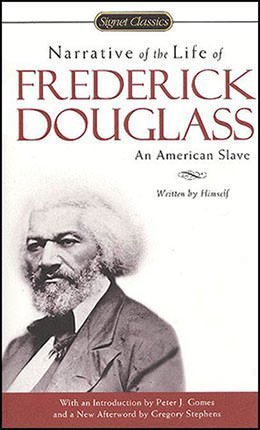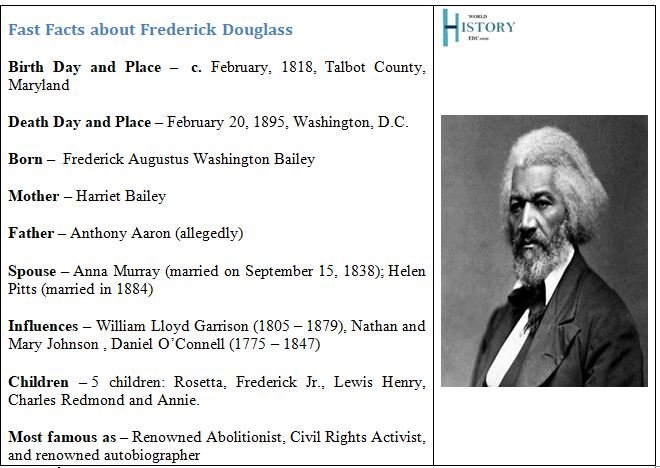Reference




OpenAI's Answer
Frederick Douglass made significant contributions to the abolitionist movement through various means, including his writings, speeches, and direct activism.
-
Autobiographies and Writings: Douglass published several autobiographies that detailed his experiences as a slave, helping to illuminate the brutal realities of slavery for a wide audience. His most famous work, "Narrative of the Life of Frederick Douglass, an American Slave," was published in 1845 and became a critical book in the abolitionist movement, depicting the horrors of slavery and advocating for its abolition (source).

-
Oratory Skills and Speeches: Douglass was known for his powerful oratory skills. He delivered numerous speeches that called for the end of slavery and greater rights for African Americans. His poignant and insightful speeches inspired many to join the abolitionist cause (source).
-
Publication of The North Star: In 1847, Douglass founded and edited an abolitionist newspaper called "The North Star," providing a platform for abolitionist articles, commentary, and stories. This helped to spread his ideas and influence both in the United States and other parts of the world (source).
-
Political Involvement: Douglass worked tirelessly for the rights of African Americans during and after the Civil War. He was an advocate for the enlistment of African American soldiers in the Union Army, worked to ensure the passage of constitutional amendments granting rights to African Americans, and spoke against racial discrimination (source).
-
Support of Underground Railroad: Douglass actively participated in the Underground Railroad, helping countless enslaved people escape to freedom by providing resources and safe passage through his own home (source).
Through his steadfast commitment, eloquent writing, and activism, Frederick Douglass played a central role in advancing the abolitionist movement, encouraging societal change, and laying the groundwork for future civil rights advancements.
Follow Up
Related
Who were some prominent abolitionists in the United States during the Civil War?
Who were some notable abolitionist alumni and their attendance periods?
What role did the Underground Railroad play in the fight against slavery?
How did John Brown's raid on Harpers Ferry escalate tensions before the Civil War?